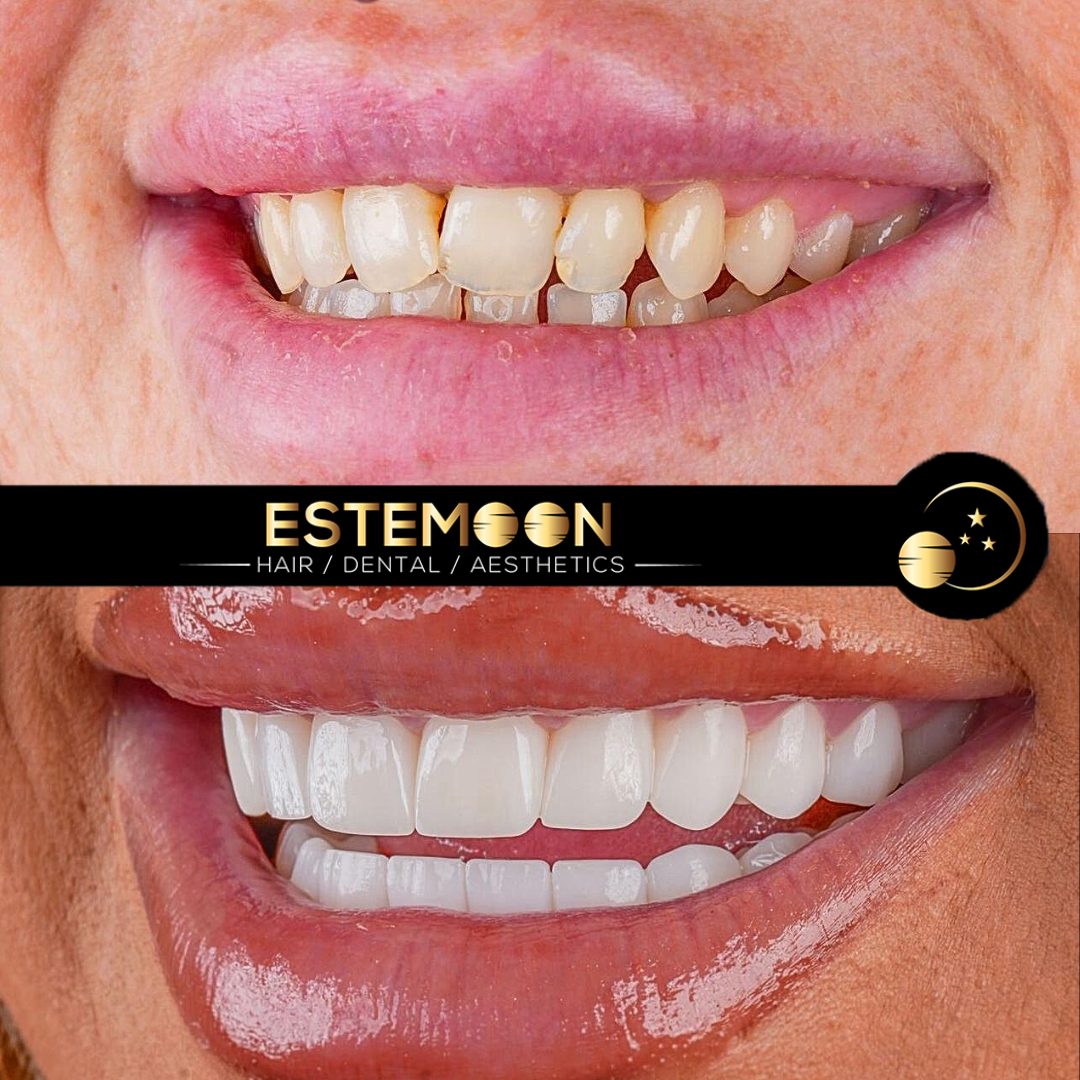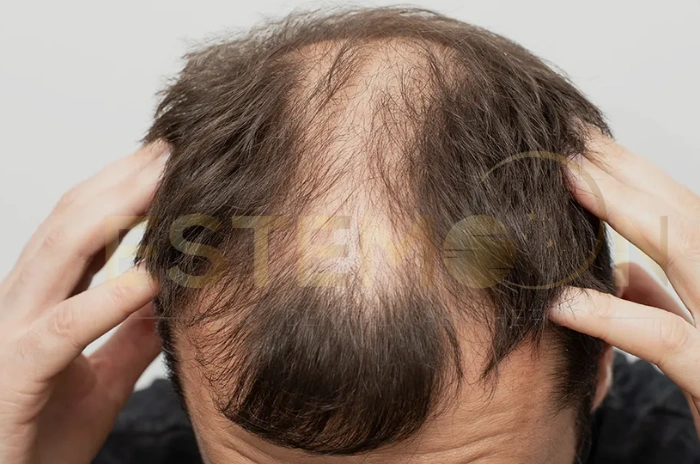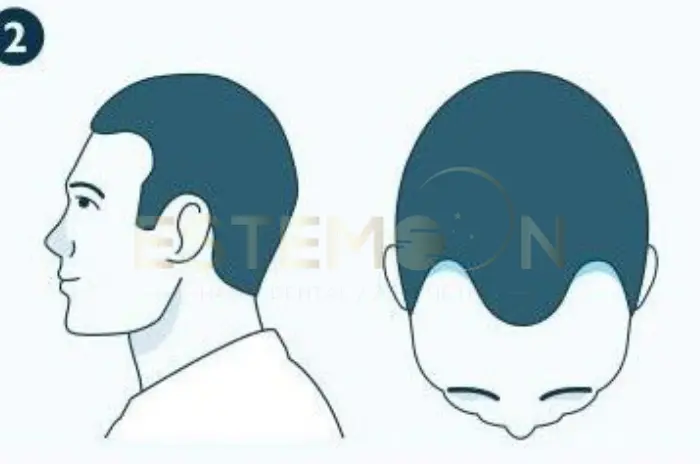Dental treatments can often evoke fear or anxiety in many patients. However, with advancements in dentistry, patients no longer have to suffer in silence. Dental sedation is an essential tool in making dental procedures more comfortable, pain-free, and less stressful. In Albania, dental professionals offer a range of sedation options to help patients manage their dental appointments with ease.
This blog post will guide you through the different types of dental sedation available in Albania, their benefits, and how they contribute to a more pleasant dental experience.
Why Dental Sedation is Important
Dental sedation plays a crucial role in modern dentistry. It allows patients to undergo necessary dental procedures without feeling anxiety, pain, or discomfort. Whether it’s a routine check-up or a complex procedure like root canals, sedation helps make the process smoother for both the patient and the dentist.
Some common reasons patients opt for dental sedation include:
- Dental anxiety: Fear of dental procedures is common, and sedation helps alleviate this.
- Long procedures: Complex treatments can require long hours, and sedation can make it more comfortable.
- Sensitive teeth: Sedation ensures that patients with sensitive teeth or gums are not uncomfortable during treatment.
- Special needs: Children or adults with special needs can benefit from sedation to ensure a calm experience.
In Albania, dental professionals are highly skilled in providing sedation options tailored to the patient’s needs, ensuring a stress-free and positive experience.
Types of Dental Sedation Available in Albania
There are various forms of sedation available in Albania, each with its own set of advantages and suitability for different procedures. Let’s explore the most common sedation options offered in Albanian dental clinics.
1. Local Anesthesia
Local anesthesia is the most basic and commonly used sedation technique. It involves numbing the specific area of the mouth where the dental procedure will take place, ensuring that the patient does not feel pain during the treatment. This option is ideal for minor procedures such as fillings, cleanings, or extractions.
Benefits of Local Anesthesia:
- Targeted numbness with minimal side effects
- Quick recovery time
- Minimal preparation required
Local anesthesia is typically administered through an injection or topical gel, and patients remain fully awake and aware during the procedure.
2. Nitrous Oxide Sedation (Laughing Gas)
Nitrous oxide, also known as laughing gas, is one of the most common forms of sedation in Albania. This sedation method involves inhaling a mixture of nitrous oxide and oxygen through a mask placed over the nose. It induces a state of relaxation and euphoria, helping to reduce anxiety and discomfort during dental procedures.
Benefits of Nitrous Oxide:
- Fast-acting and wears off quickly after the procedure
- Can be used for both adults and children
- Minimal side effects
- Patients remain awake and responsive
This method is ideal for patients who experience mild to moderate anxiety during dental procedures.
3. Oral Sedation
Oral sedation involves taking a sedative medication in the form of a pill or liquid before the dental appointment. The medication helps patients feel relaxed and calm, but they remain conscious throughout the procedure. Oral sedation is commonly used for procedures that require a longer duration or for patients with moderate anxiety.
Benefits of Oral Sedation:
- Helps patients relax before and during the procedure
- Ideal for patients who experience higher levels of anxiety
- Can be combined with local anesthesia for a more comprehensive sedative experience
Depending on the medication prescribed, patients may feel drowsy and may not remember the procedure afterward.
4. Intravenous (IV) Sedation
IV sedation is a deeper form of sedation, where the sedative medication is administered directly into the bloodstream through an IV line. This method is commonly used for more invasive procedures or for patients who require a higher level of sedation. IV sedation induces a state of deep relaxation, and the patient may even fall asleep during the treatment.
Benefits of IV Sedation:
- Highly effective for patients with severe dental anxiety
- Allows for deep sedation, making long or complex procedures more comfortable
- Fast onset of action
- The dentist can adjust the sedation level during the procedure
One of the key advantages of IV sedation is that it provides a more profound level of relaxation, helping patients feel completely at ease during their treatment.
5. General Anesthesia
General anesthesia is the deepest form of sedation and is typically reserved for very complex or lengthy procedures. It involves putting the patient into a deep sleep, ensuring they are completely unaware of the treatment being performed. This form of sedation is generally used for patients who are undergoing major surgeries or who have significant dental anxiety or medical conditions.
Benefits of General Anesthesia:
- Complete unconsciousness during the procedure
- Ideal for lengthy or invasive treatments
- Ensures total comfort for patients with severe anxiety or medical conditions
General anesthesia requires careful monitoring and is typically only used in hospital settings or specialized dental facilities in Albania.
How to Choose the Right Dental Sedation Option
Choosing the appropriate dental sedation option depends on several factors, including:
- The complexity of the procedure: More invasive or longer treatments may require stronger sedation.
- Level of anxiety: If you experience significant dental anxiety, a stronger sedation option may be more appropriate.
- Medical history: Certain health conditions or medications may affect the choice of sedation. A dentist will review your medical history to recommend the safest option.
- Age and personal preference: Some sedation methods are more suitable for children or elderly patients, and preferences should be considered in the decision-making process.
Your dentist in Albania will discuss all available options with you, ensuring you are comfortable and well-informed before making a choice.
Reasons to Get Dental Fillings in Albania
- Cost Savings One of the primary reasons people choose Albania for dental fillings is the cost. In Western Europe and North America, the price of a single dental filling can range from $150 to $500, depending on the type and complexity. In contrast, the cost of dental fillings in Albania can be up to 70% cheaper, without compromising on quality. Patients can save significantly while receiving comparable care, making Albania an attractive option for dental work.
- High-Quality Dental Clinics Despite the lower prices, dental clinics in Albania adhere to international standards. Many of the top clinics are equipped with state-of-the-art technology. They are also staffed by highly qualified dentists who have trained abroad or hold certifications from renowned institutions. This combination of advanced tools and expert professionals ensures that patients receive the same level of care they would expect in more expensive locations.
- Skilled Dentists and Technicians Albania boasts a growing community of skilled dentists who are experienced in various dental procedures, including dental fillings. Most dentists in the country speak fluent English. They are accustomed to treating international patients, which adds an element of comfort for those traveling from abroad. Their proficiency, combined with ongoing training and familiarity with the latest techniques, ensures that patients can trust the quality and durability of their dental work.
Types of Dental Fillings Available
Patients can expect a range of dental filling materials in Albania, just as they would at home. These include:
- Amalgam Fillings: While less popular today due to their metallic appearance, amalgam fillings are durable and cost-effective.
- Composite Fillings: A preferred choice for those who want a filling that matches the natural color of their teeth. Composite fillings are versatile and provide a more aesthetically pleasing result.
- Ceramic Fillings: These are made from porcelain and offer excellent durability and a natural look. Although more expensive than composite fillings, they’re still more affordable in Albania compared to many other countries.
- Glass Ionomer Fillings: Commonly used for children’s teeth or in areas with less chewing pressure, these fillings release fluoride, which helps prevent future decay.
Benefits of Choosing Dental Sedation in Albania
Albania has become a popular destination for dental tourism due to its high-quality care and affordable prices. Many dental clinics across the country offer modern sedation options, ensuring international patients can benefit from the latest technology and treatment methods.
Some key benefits of choosing dental sedation in Albania include:
- Affordable dental care: Dental procedures, including those that require sedation, are often significantly more affordable in Albania compared to many Western countries.
- Skilled professionals: Albanian dentists are trained to offer a variety of sedation options and are committed to providing pain-free experiences.
- State-of-the-art facilities: Many dental clinics in Albania are equipped with modern equipment and advanced sedation techniques.
- Convenience for dental tourism: With Albania’s close proximity to European countries, many patients travel for dental procedures, including sedation treatments, and enjoy the country’s beautiful scenery and culture.
What to Expect During and After Your Sedation Appointment
Before the Appointment:
- Your dentist will evaluate your medical history and discuss your sedation options.
- For oral sedation or IV sedation, you may be asked to fast for a certain period before the procedure.
- You’ll be informed about any necessary preparations, such as arranging for someone to drive you home after the appointment.
During the Appointment:
- Sedation will be administered as discussed.
- You may feel relaxed, drowsy, or even fall asleep, depending on the type of sedation chosen.
- The dentist will proceed with the procedure while monitoring your vitals and comfort.
After the Appointment:
- Recovery time varies based on the type of sedation used. For lighter sedation (like nitrous oxide), you can resume normal activities right away.
- For deeper sedation (oral, IV, or general anesthesia), you may need rest, and someone may need to drive you home.
- Your dentist will provide post-care instructions, especially if you received a deeper form of sedation.
Conclusion
Dental sedation in Albania offers patients a wide range of options to ensure their dental treatments are comfortable, pain-free, and stress-free. Whether you’re visiting for routine care or undergoing more complex procedures, choosing the right sedation method can make all the difference in your experience.
Albania’s dental professionals are well-equipped to provide the latest sedation techniques at affordable prices, making it a popular destination for dental tourism. If you’re considering dental treatment with sedation, consult with an experienced dentist in Albania to discuss the best options for your needs.




